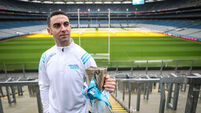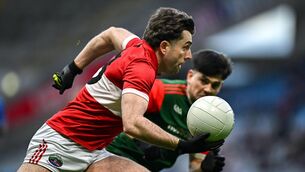Mullally has De La Salle in shape for final charge
WHEN De La Salle ran aground in the Waterford county championship during the summer, they didn’t have far to look for a new voice for training sessions.
Leon Mullally had started with the club as a kid but drifted away when he went off to the University of Limerick.














